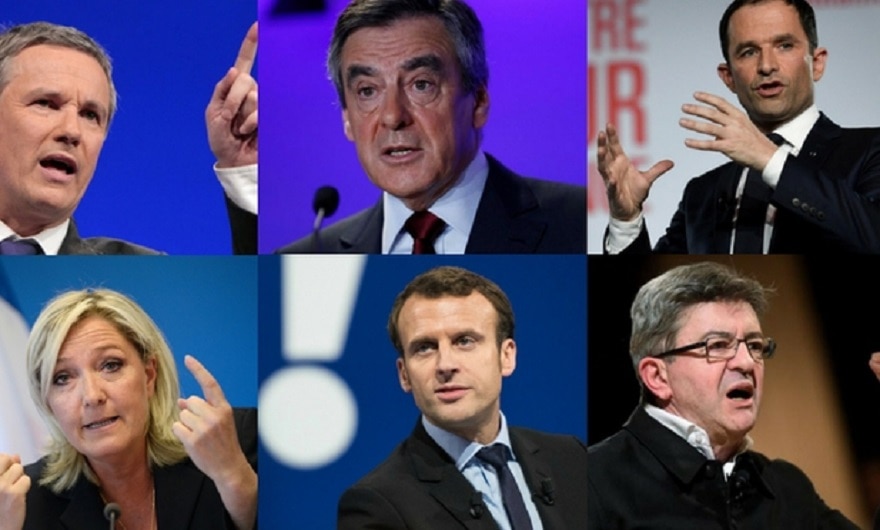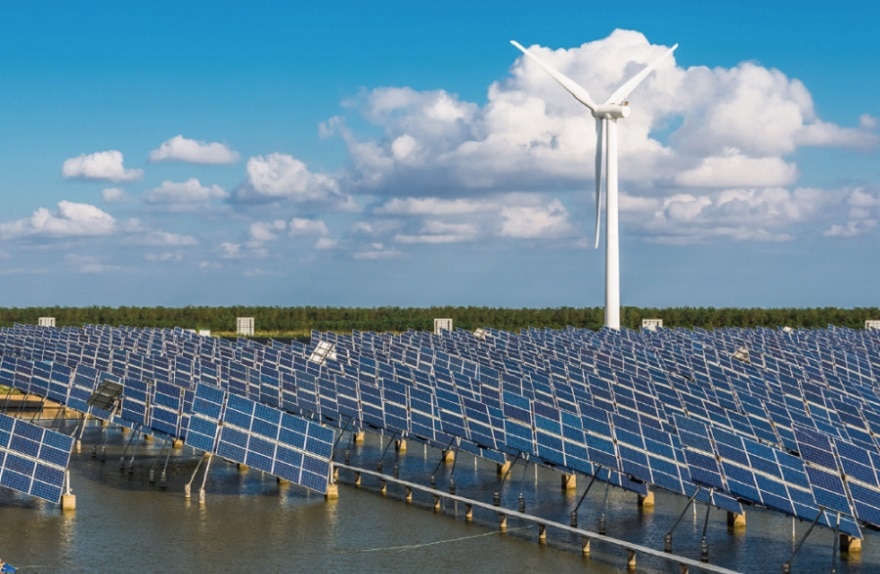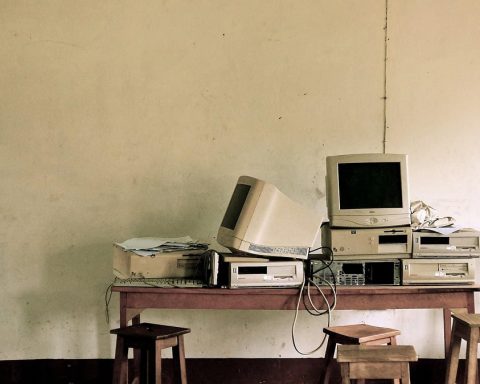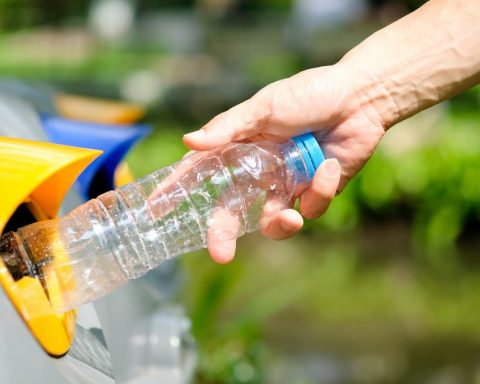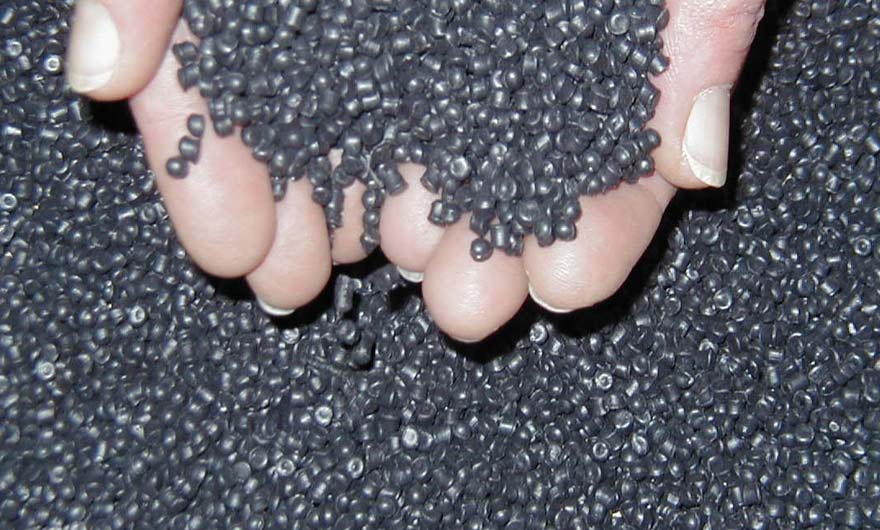Timid incursion via the fight against programmed obsolescence, for M. Le Pen and N. Dupont-Aignan
François Fillon plans to play on taxation to reduce landfill dumping
The circular economy to support job creation at Emmanuel Macron
Benoît Hamon and Jean-Luc Mélenchon explore zero waste
Bio-waste and recycling: two areas of focus to reduce the volume of waste bins
Moving away from the "disposable" and promoting eco-design
READ ALSO IN UP' : My Life Zero Waste

